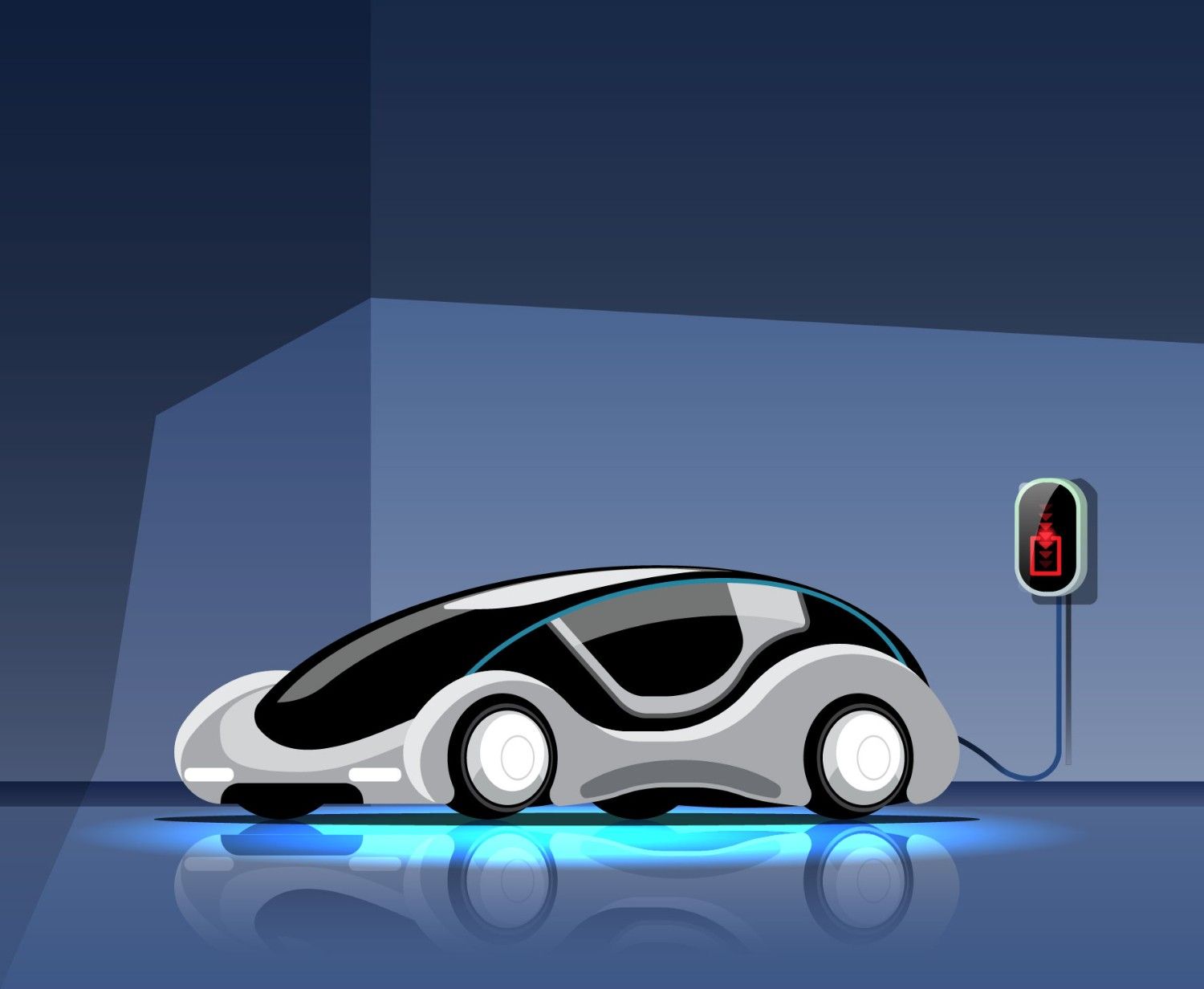Top-of-Mind vs Top-of-Trust: Which EV Brands Are Actually Respected in the Netherlands

The Netherlands stands out as one of Europe’s foremost adopters of electric vehicles (EVs), creating a distinct landscape where brand perception is influenced by factors such as innovation, sustainability, heritage, digital integration, and local sentiment. A comprehensive brand study, conducted with a sample of 600 participants, concentrated on urban consumers (65%), suburban shoppers (25%), and rural customers (10%) who are either intending to purchase or currently own EVs. This sample spanned key cities including Amsterdam, Rotterdam, Utrecht, Eindhoven, and Groningen, and included early adopters, eco-conscious drivers, fleet users, and premium buyers, with a minimum of 30% having owned or test-driven EVs within the past 18 months.
Unaided brand recall demonstrated Tesla's dominance at 72%, followed by Volkswagen at 56%, BMW at 39%, Hyundai at 31%, and Volvo at 24%. Emerging brands such as Polestar, Kia, and Renault gained traction, particularly among younger and sustainability-focused demographics. Tesla’s stronghold is largely due to its early market entry, extensive Supercharger network, and a reputation for innovation.
Aided brand recall showed a significant boost for other manufacturers. Volkswagen achieved an 89% recognition rate, followed by Hyundai at 77%, BMW at 74%, Mercedes-Benz at 69%, Volvo at 64%, and Polestar at 55%. Notably, MG (owned by SAIC) reached 42% aided awareness, suggesting growing recognition in the budget EV sector. Dutch consumers displayed strong awareness of both European and Asian brands, with Skoda, Peugeot, and Nissan also emerging in discussions.
In terms of top-of-mind recall, Tesla led with 38% of participants naming it first when prompted about EVs, followed by Volkswagen at 21%, Hyundai at 12%, and both Polestar and BMW under 10%. Volvo and Renault received mentions, though rarely as first choices. This illustrates that while multiple brands are acknowledged, Tesla has solidified its position as a category leader in the Netherlands.
An analysis of brand perception attributes revealed that Tesla excels in innovation, performance, software, and autonomy, yet falls short in build quality, customer service, and affordability. Volkswagen received high marks for reliability, build quality, and dealership support, with average ratings in innovation. Hyundai and Kia were recognized for their value for money, range, and practical design, while Polestar was noted for its Scandinavian minimalism and commitment to environmental values. BMW and Mercedes-Benz maintained strong perceptions of luxury, performance, and brand prestige, but are often viewed as being late to the EV market.
Emotional connections with brands varied significantly. Tesla evoked the most passionate responses, often described as “futuristic,” “disruptive,” and “aspirational.” However, opinions were polarized, with some detractors criticizing its “cold tech” image and the controversial persona of Elon Musk. In contrast, Volkswagen and Volvo garnered more trust-based loyalty, especially among families and mid-career professionals. Polestar and Hyundai inspired quiet admiration rather than intense loyalty, indicating potential growth through enhanced storytelling and improved user experiences.
A deeper analysis of perception versus brand positioning revealed notable inconsistencies. For instance, Mercedes-Benz positions its EVs as the pinnacle of luxury; however, many Dutch consumers still regard them as expensive combustion engine brands making a slow transition. Meanwhile, Polestar’s sustainable premium branding resonated effectively, although it remains loosely linked with Volvo in consumer minds. Kia’s strategy for the EV6 as a technologically advanced flagship achieved modest recognition, yet numerous buyers still associate Kia primarily with affordability rather than with cutting-edge technology. Although Tesla’s branding aligned closely with its perceived image, there were identifiable gaps in its post-sales support and overall alignment with European sensibilities.
Brand personality mapping provided additional clarity on consumer sentiment. Tesla is perceived as bold, innovative, and disruptive but is also viewed as detached and elitist. Volkswagen is seen as dependable, familiar, practical, and progressively eco-minded. Hyundai and Kia are regarded as modern, efficient, and friendly, whereas Polestar is characterized as cool, clean, and ethical. BMW is associated with performance, seriousness, and elegance, while Renault is known for its practicality, unpretentiousness, and urban appeal.
Interestingly, younger urban consumers (under 35) have a strong inclination to associate EV brands with technological integration, prioritizing apps, over-the-air updates, and smart features as highly as range or design. In contrast, buyers aged 45 and older place greater emphasis on reliability, service networks, and insurance considerations.
Sustainability messaging emerges as a critical factor for Dutch consumers, who consistently rank CO2-neutral manufacturing, battery recycling initiatives, and green charging infrastructure among their top priorities. Brands such as Polestar and Hyundai, which emphasize these credentials, tend to enjoy greater favorability among eco-conscious groups.
No FAQs available at the moment.